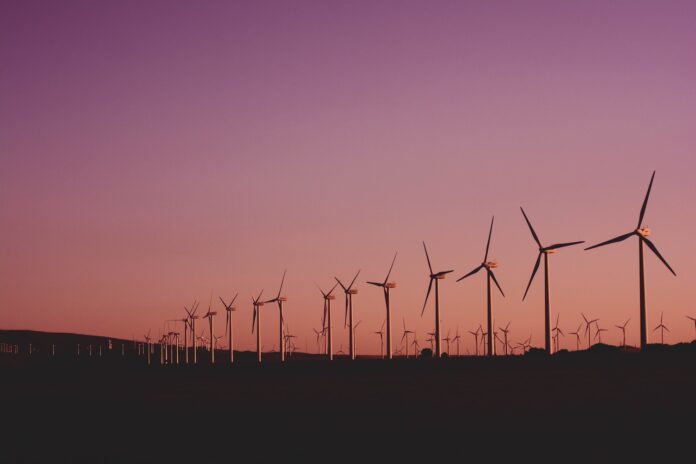
By
A shiny black expanse of solar panels is becoming an increasingly common sight on the rooftops of homes and other buildings coast-to-coast. But the array recently installed atop Boston Medical Center’s administrative building on Massachusetts Avenue stands apart.
The panels help power the building itself, sure. But through a novel use of the Inflation Reduction Act’s Low-Income Communities Bonus Credit, the panels are also helping poorer patients through “prescriptions” for clean energy.
“When people can’t afford the cost of running their air conditioner, they can be exposed to extreme heat, or they might under-use treatments like CPAP or nebulizers that rely on electricity,” BMC Dr. Anna Goldmanin said in a statement. Now, the hospital is able to treat the necessity of electricity as a medical need.
The program, known as Clean Power Prescription, will initially serve the households of 80 patients who are treated in the complex care program, which is for Medicaid recipients with chronic health conditions who rely heavily on the hospital.
The excess energy produced by the solar array will be transferred to the patients via a local utility as cash credits of about $50 per month, lowering their overall electric bill by around $600 annually — about 30% off of the average utility spending in the city.
In a city like Boston, there’s a good chance some of those patients will be Black: The overall poverty rate is just over 17% in Boston, but within the Black population, which accounts for about a quarter of the city, 25% of families lived in poverty as of 2018.
A recent analysis of U.S. Census Bureau Household Pulse Survey data from July 26, 2023, through Aug. 7, 2023 — right when the hottest summer since 1880 was scorching the nation — reveals how heavy the financial burden of electricity bills is on Black America. Nearly 4 in 10 Black people reported being unable to pay some or all of their energy bills, the highest of any racial or ethnic group.
Being unable to run a fan or air conditioning because your electricity got cut off puts the health of Black folks in Boston and elsewhere at risk. Black people are more likely to live in urban heat islands — areas that lack trees and shade where concrete and asphalt trap heat and then release it back into the community — and more likely to die from heat than their white peers.
Clean Power Prescription is just the latest effort BMC has undertaken to ensure patients have the necessary utilities to stay healthy. There’s a Massachusetts law that bans utility shut-offs that will affect people’s medical care, and doctors at the hospital have written 1,300 notes to keep patients’ lights on this year alone.
And thanks to the IRA’s Low-Income Communities Bonus Credit (which will cover about half of the costs of purchasing and installing the BMC solar array), the hospital can try to scale its utility aid beyond those initial 80 households too: the hospital is encouraging other Boston businesses and property owners to install their own rooftop solar that can feed credits into Clean Power Prescription too.
If half of the power generated goes into a program like BMC’s, those new arrays will also qualify for the IRA credit, cutting costs effectively in half, and potentially bringing about large-scale rooftop solar across Boston.


